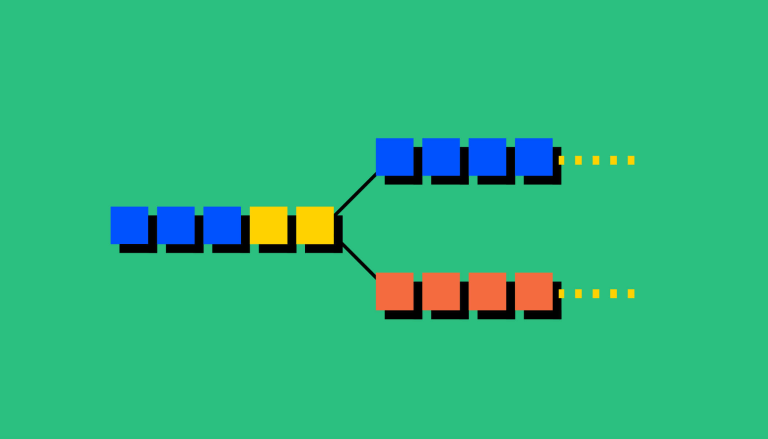What are zero-knowledge proofs?

Zero-knowledge proofs (ZKPs) are a cryptographic method that allows one party to prove the validity of a statement without revealing any information about the statement itself.
ZKPs represent a development in cryptography, aiming to enhance privacy and security in various applications, including blockchain technology.
ZKPs have certain drawbacks, such as hardware costs and proof verification costs.
Understanding Zero-Knowledge Proofs
Zero-knowledge proofs (ZKPs) are a cryptographic protocol that enables one party, known as the prover, to convince another party, the verifier, that a particular claim is true without disclosing any details about the claim itself. This concept was first introduced in a 1985 paper titled "The knowledge complexity of interactive proof systems" and has since been developed and improved for use in various applications.
In a ZKP, the prover strives to establish a claim, and the verifier is responsible for verifying the claim. The prover can demonstrate to the verifier that a statement is accurate without revealing any additional information regarding the statement. This is achieved by providing proof, or a small amount of information, that can be verified by the verifier to ensure that the statement is true.
Why are Zero-Knowledge Proofs Important?
Zero-knowledge proofs are a development in applied cryptography as they strive to enhance the security of information for individuals. For instance, consider how you might prove a claim (e.g., "I am a citizen of X country") to another party (e.g., a service provider). You'd typically need to provide "evidence" to back up your claim, such as a national passport or driver’s license.
However, this approach has its drawbacks, primarily the lack of privacy. Personally Identifiable Information (PII) shared with third-party services is stored in central databases, which are vulnerable to hacks. With identity theft becoming a critical issue, there are calls for more privacy-protecting means of sharing information, and this is where ZKPs could be utilized.
How Do Zero-Knowledge Proofs Work?
At a high level, a zero-knowledge proof works by having the verifier ask the prover to perform a series of actions that can only be performed accurately if the prover knows the underlying information. The prover and verifier interact in multiple rounds of the protocol, and in the conclusion, the verifier develops confidence in the veracity of the claim without learning any additional information about the secret.
Applications of Zero-Knowledge Proofs
Zero-knowledge proofs are being noticed in various fields, particularly in the area of blockchain technology. They allow for the verification of information without revealing the underlying data, aiming to provide a level of security and privacy. For instance, in the context of blockchain networks, the only information revealed on-chain by a ZKP is that some piece of hidden information is valid and known by the prover with a high degree of certainty.
Drawbacks of Zero-Knowledge Proofs
Zero-knowledge proofs have certain drawbacks. These include hardware costs associated with the computational power needed to generate and verify proofs, proof verification costs, and trust assumptions. Moreover, there are potential threats from quantum computing, which could potentially break the cryptographic security provided by ZKPs.


